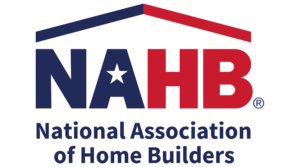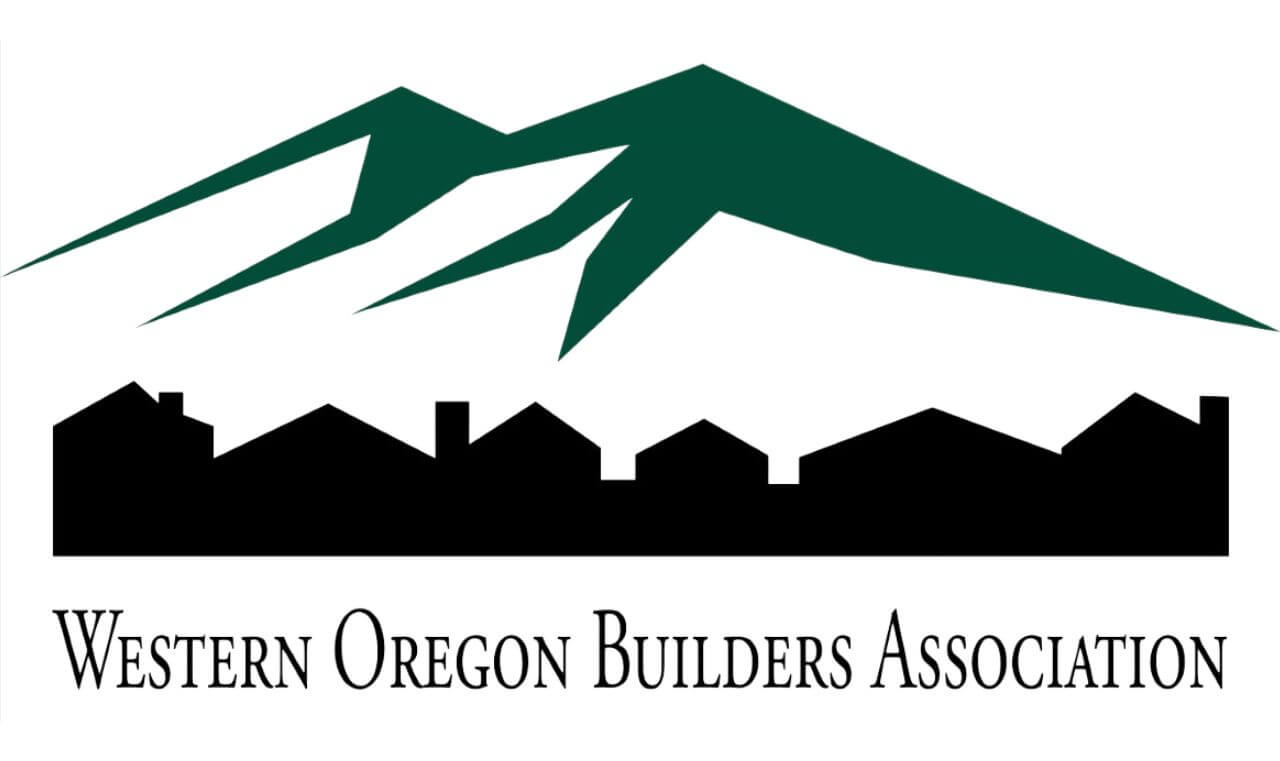Local, State, and National Advocacy
WOBA's team fights for you! We are your voice, relentlessly working to advocate all issues that affect the building industry. We work to educate, and take a stance on all levels within the government to make sure your voice gets heard.

Oregon Home Builders Association
A voice for the home building industry in Oregon.

National Association of Home Builders
NAHB fights for our members on Capitol Hill, in state houses and in the communities where our members do business.
2024 OHBA Legislative Session Report
The 2024 Legislative Session came to a close on the evening of March 7 when the gavel fell for “sine die.” For a session that had the potential to be one of the best Sessions for housing production in decades, it did certainly did not disappoint. While there is more work to be done to increase housing production and increase opportunities for affordable homeownership, OHBA is pleased to share that many exciting pieces of legislation were passed this year. OHBA’s CEO, Jodi Hack, shares the following message about the Session:
The 2024 legislative session was both rewarding and challenging – I’ve learned over the years that nothing around land use is easy in Oregon, but the team at OHBA was up for the challenge, as was the Governor and our partners. From the moment the gavel fell for sine die last Session, our work began on the passage of SB 1537 and other pro-housing bills for this session. Over the interim, we worked closely with the Governor’s office and other stakeholders to refine SB 1537, and create new policies to assist builders in achieving the Governor’s goal of 36,000 units a year.
"We know too well that anti-growth activists see SB 1537 as a threat to the overly burdensome planning system we’ve been stuck with for decades. While SB 1537 makes more modest changes than we hoped, OHBA believes that certain provisions are a major step forward on streamlining land use applications and community growth. While not perfect, this is a BIG WIN for OHBA, particularly the alternative UGB expansion process that local governments can use in partnership with builders. Legislation like this has been tried before and failed many times over decades – those before me were committed to continuing the fight and I’m sure would have been running up this hill until now – when it finally passed.
As you’ll see in our legislative report below, there were several other wins for our industry, one of those was HB 4026 – legislation that prohibits UGB expansions from being referred to the ballot after years of land use planning, process, and public input. I encourage you to take a few moments to check out the legislative report and relish some genuine, solid wins for the home building industry!
Big thanks to our lobby team and Government Affairs Committee for all the hours of hard work and perseverance, and all of those who came to the Capitol, submitted testimony, and reached out to their legislators. Through your efforts, your voice was heard, and meaningful change happened!"
Kotek supports bill to incentivize more duplexes, triplexes to aid Oregon housing shortage
Gov. Tina Kotek is championing a bill to address the state’s ongoing housing shortage that would streamline the construction of middle housing, such as duplexes and triplexes, to create more affordable housing options.
The bill expands on legislation Kotek sponsored and helped pass in 2019 when she was speaker of the Oregon House.
On her first day in office in 2023, Kotek set an ambitious housing production goal of 36,000 new homes a year, but actual homebuilding has not met that pace. A 2024 Oregon Housing and Community Services report said the state must add half a million housing units in the next two decades to address supply issues.
Supporters of the bill say eliminating additional barriers is critical to adding housing supply in the state, while some city representatives are cautioning against additional sweeping changes to state housing law.

What would the bill on housing in the Oregon Legislature do?
The bill expands House Bill 2001, which Kotek sponsored in 2019.
The 2019 bill requires cities with a population greater than 25,000 to allow middle housing on single-family dwelling zones.
The new bill, HB2138, would allow middle housing in all urban areas, including unincorporated land. It would require Oregon cities to allow middle housing to be constructed on lots with existing single-family units or duplexes, which Oregon law currently bars. The bill will also require cities in Oregon to allow middle housing to be constructed as attached or detached dwellings.
"When we can build more kinds of homes, people have more options," Kotek said. "The changes in this bill bring us closer to a reality where all Oregonians can find homes that they can afford, that fit into their lives."
Oregon homebuilders urge passage of housing bill
Hundreds have submitted written testimony for and against the bill.
On the Oregon Legislative Information System, 282 pieces of testimony in opposition to the bill had been submitted as of Monday. There were 134 pieces of testimony in support of the bill and seven with a neutral position on the bill.
Among supporters is the Oregon Home Builders Association, representing 3,000 members in the residential construction industry.
Mike Riddle, president of the OHBA, said the solution to Oregon's housing crisis is clear: building all types of housing.
"Builders are ready, communities are ready, yet government red tape continues to strangle progress," Riddle said Monday. "Endless delays, outdated zoning laws and excessive permitting requirements add years to projects that should take months. We cannot afford this inefficiency any longer." Read the full article here.

Mike Riddle, president of the Oregon Home Builders Association, speaks alongside Gov. Tina Kotek and supporters of House Bill 2138 during a press conference in Salem.
